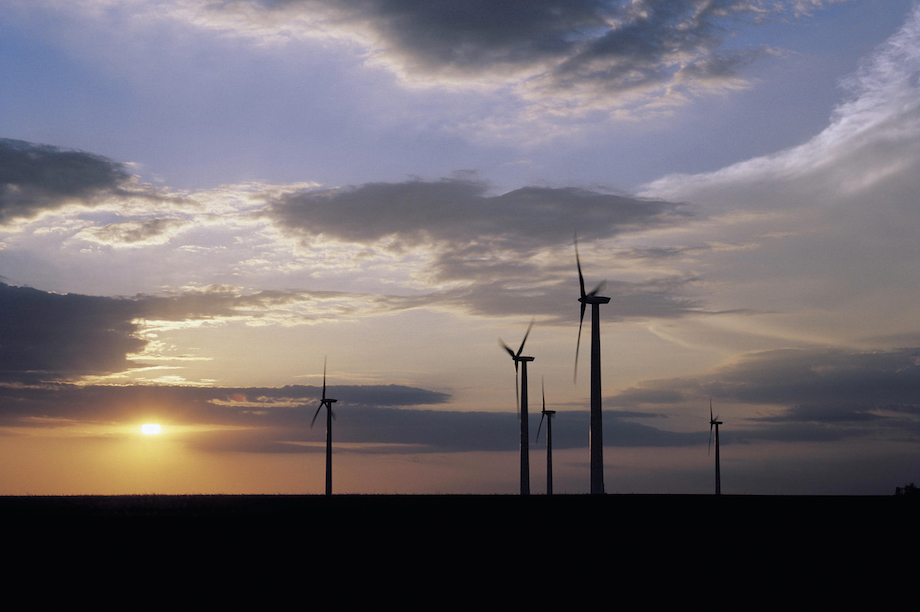The IEA expects total energy investments to fall by 20% or nearly $400 billion in 2020, as the pandemic brings the global economy to a standstill, weakens companiesŌĆÖ balance sheets, and makes demand outlooks more uncertain.
Investments not being made in clean energy technology and electricity grids this year will undermine the energy transition to more resilient and sustainable energy systems, said the IEAŌĆÖs executive director Fatih Birol.
Oil and gas investment is expected to fall by almost a third, while spending in the power sector is due to fall by 10% and 9%┬Āon electricity networks.
The drop in investment for the wind power industry is relatively modest, compared to the spending reductions seen elsewhere in the global energy sector, however.
Global investment in the power sector by technology, 2017-2020
The IEA predicts wind-power investment will fall from $99 billion in 2019 to $97 billion in 2020.
By comparison, spending on solar PV is due to fall by 21% to $108 billion, nuclear by 10% to $35 billion, and coal by 10% to $50 billion.
Wind is due to be the second most popular destination for renewables investorsŌĆÖ money this year, behind solar PV, but ahead of hydropower ($54 billion) in 2020, according to the IEAŌĆÖs World Energy Investment 2020 report.
The longer lead-time of offshore wind projects may prevent the technology from losing its appeal, with the IEA suggesting spending might increase this year.┬Ā┬Ā
However, the IEA noted continued cost reductions for renewable energy technologies might influence investment figures.┬ĀNevertheless, the plunge in global energy investment is troubling, Birol said.
ŌĆ£It means lost jobs and economic opportunities today, as well as lost energy supply that we might well need tomorrow once the economy recovers,ŌĆØ Birol added.┬Ā
ŌĆ£The slowdown in spending on key clean energy technologies also risks undermining the much-needed transition to more resilient and sustainable energy systems.ŌĆØ
Birol also warned reduced spending on electricity networks may harm the energy transition as grids will need to be "smart and resilient" enough to accommodate increasing shares of renewable energy.
The IEA had previously forecast┬Āreduced energy and electricity demand during the pandemic may help lower carbon emissions in 2020.
But this reduction will be short-lived without an acceleration of the energy transition.
ŌĆ£The crisis has brought lower emissions but for all the wrong reasons,ŌĆØ explained Birol.
ŌĆ£If we are to achieve a lasting reduction in global emissions, then we will need to see a rapid increase in clean energy investment.┬Ā
ŌĆ£The response of policymakers ŌĆō and the extent to which energy and sustainability concerns are integrated into their recovery strategies ŌĆō will be critical.ŌĆØ

.png)



.png)









